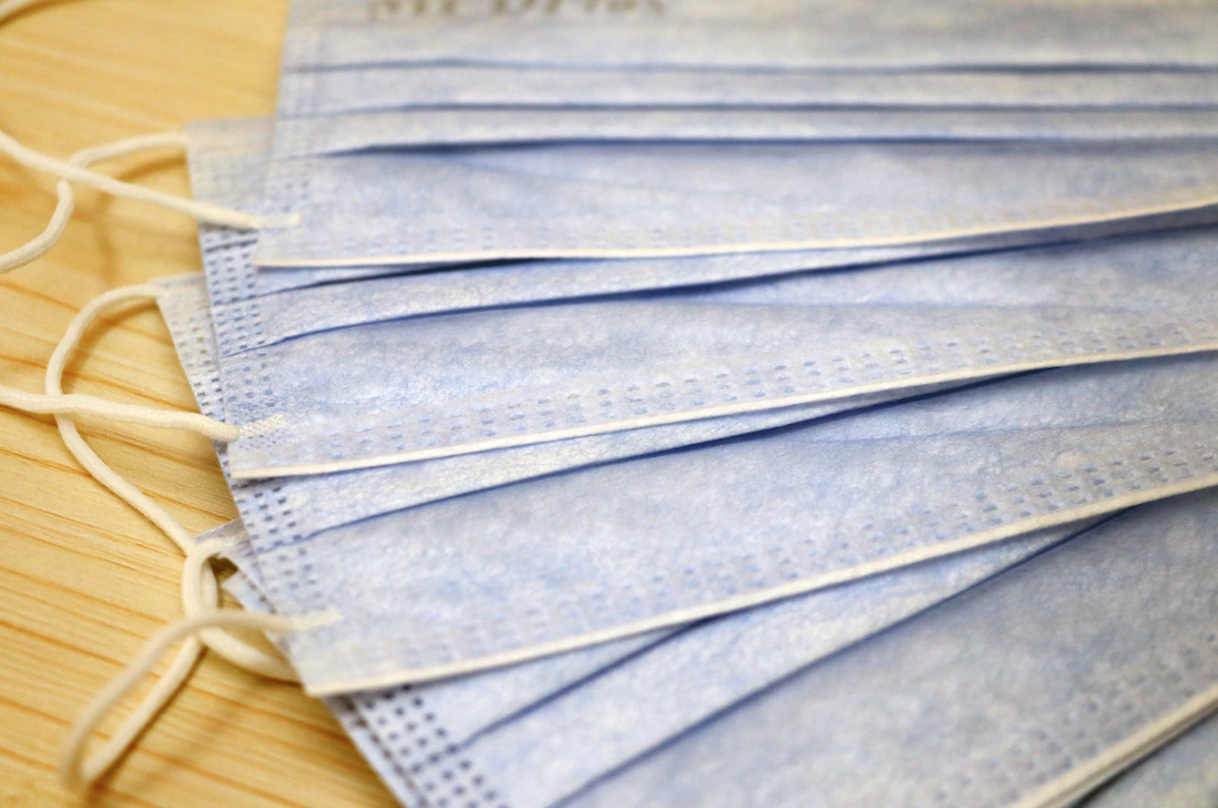Photo Credit: Macau Photo Agency
U of T continues to moderate information on the outbreak
Rinna Diamantakos, Associate News Editor
The University of Toronto (U of T) has promised to continue supporting and informing the university community on the coronavirus outbreak as news on the spreading of the virus continues.
Officially named COVID-19, this strain of coronavirus began in December 2019 and was first identified in Wuhan, China, where it has been linked to animals sold in the Huanan Seafood Wholesale Market. It is part of a large family of viruses that cause a range of health problems from common colds to more severe respiratory diseases.
Primarily transmitted via human-to-human contact, the virus spreads through respiratory droplets, such as those expelled during coughing and sneezing. Common symptoms of the virus include fever, cough, shortness of breath, difficulty breathing, and other respiratory symptoms. Symptoms can appear similar to that of the common cold; however, the virus can progress into pneumonia, SARS-CoV, kidney failure, and in extreme cases, death.
As of Saturday, February 29, according to the World Health Organization (WHO), China has recorded 79,394 cases, with a total of 2,838 deaths and more than 12,000 recovered. COVID-19 has spread to over 50 other countries, with Japan, Hong Kong, Taiwan, France, Iran, and the Philippines all recording deaths from the virus.
Canada has confirmed 20 cases as of February 29, 11 in Ontario, eight in British Columbia, and one in Quebec, though no deaths have been recorded.
Global fear surrounding COVID-19 is linked to contagiousness, as it is unclear just how contagious the virus is and what the most effective measures of prevention are.
COVID-19 has been compared to the seasonal flu, which has a death rate below 1%, causing around 400,000 deaths annually. The mortality rate for COVID-19 remains around 2% in the Hubei province where the virus began, and is even lower elsewhere. However, the major difference between the seasonal flu and COVID-19 is the availability of flu shots, which dramatically decreases the number of people affected and the death rate. COVID-19 does not currently have any form of vaccination.
WHO suggests regularly washing your hands, covering your mouth and nose when coughing or sneezing, properly cooking meat and eggs, and of course, avoiding contact with people who show symptoms of any form of respiratory illness.
U of T has been monitoring the situation closely and has promised to keep the community updated on any news about the virus, as well as any changes in university policy and procedure. The university urges students who are travelling internationally and planning on returning to Canada to contact the Safety Abroad Office where they can coordinate health and safety information.
U of T has also set up groups to coordinate the university’s response across all three campuses and has created a group of senior administrators, including leaders who were present during the 2003–04 SARS outbreak. The university is also ensuring that students who work in hospitals and health centres as part of their programs are protected.
The university has also set up a frequently asked questions page which explains the risk, symptoms, and steps to take if you believe you are infected.
In regard to this, the U of T Bookstore faced widespread criticism after photos emerged of them selling surgical face masks and N95 respirators, which were priced at $100 and $160 a box, respectively.
Criticism surrounding this issue relates both to the increased price of the masks, and the Bookstore’s attempt to profit off of global health concerns. University of Toronto Students’ Union President Joshua Bowman, told The Varsity that he believed that the selling of the masks took advantage of students by profiting off of fear, as opposed to providing the masks for free as a part of a health and safety initiative.
Lotta Lindblom, Vice President, Retail of U of T Bookstore, told The Varsity that the masks were sold in response to student demand and that the high cost of the masks was reflective of the market price and the cost of express shipping. The Bookstore has since removed the masks and apologized for the “impression” the masks created and the lack of explanation surrounding the increased price.
Issues surrounding the treatment of COVID-19 also relate to increased racism toward the Chinese community. U of T’s Vice Provost, Students, Sandy Walsh, told U of T News that concerns about discrimination were important and that the university must ensure that all members of the community continue to feel safe and welcome, commenting that the virus is not a matter of ethnicity or race, but an issue of travel and exposure.
The university will begin preparing information and slides for instructors on how to prevent the spread and where to find information on the virus.




